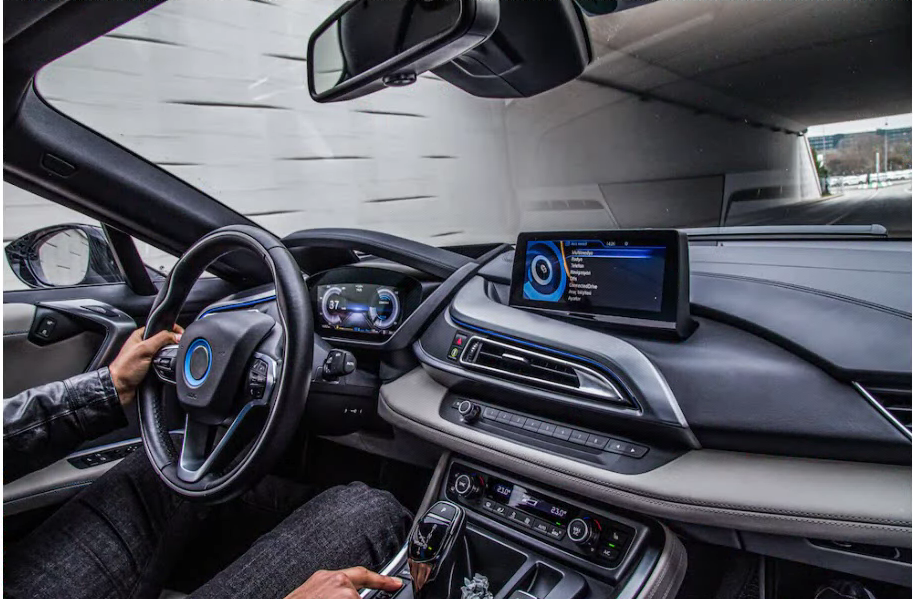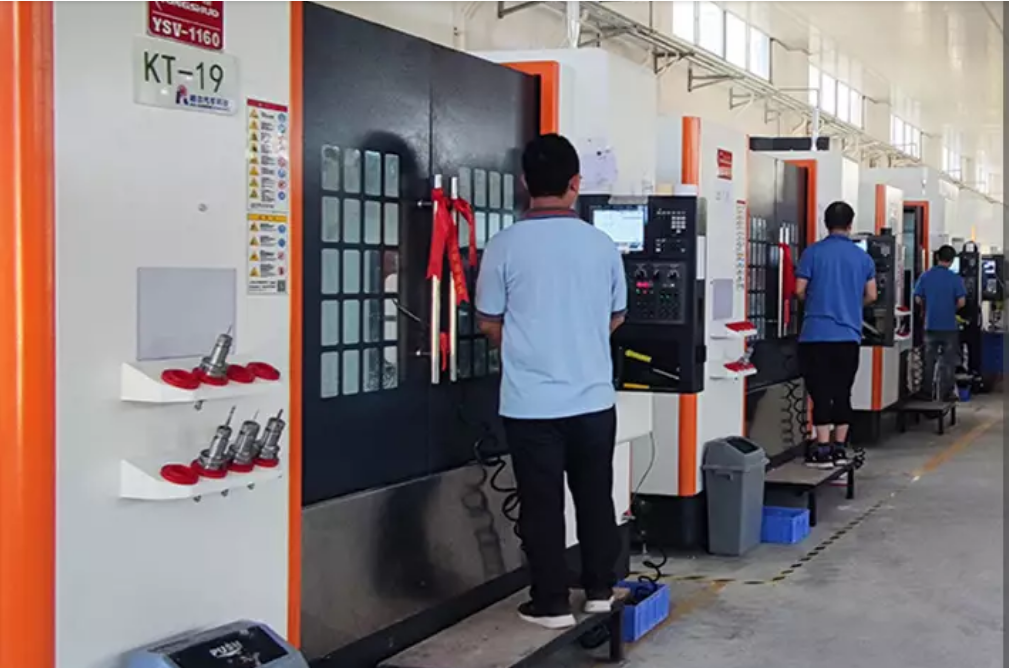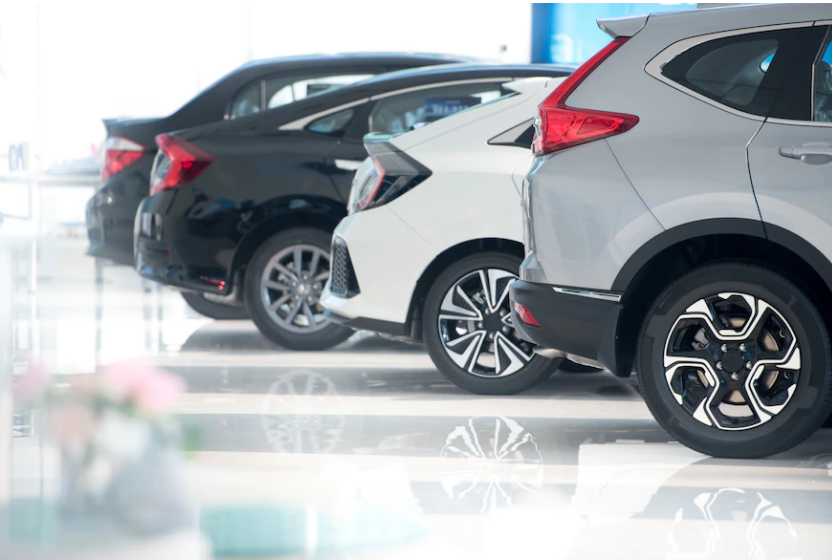CNC (Computerized Numerical Control) Machining relies on a carefully designed programming system that feeds instructions to factory machinery and equipment so they can operate quickly and efficiently. In this way, they can streamline the production process in any industry. Prototype CNC machining forms a large part of the automotive industry, where they help prototype and manufacture several automobile parts.
What Materials Does Automotive CNC Machining Require?
CNC machining can traditionally work with a large variety of materials. Materials are carefully selected based on the application, the type of environment the part may be exposed to, the operating temperature, and the durability.
Aluminum, acrylic glass, ABS plastic (Acrylonitrile Butadiene Styrene), and PMMA (polymethyl methacrylate) are the most common materials used for automotive CNC machining. All these materials are compatible with the prototype CNC machining and fit the particular criterion for automobile applications.
Applying CNC Machining to the Automotive Industry
There are many applications of prototype CNC machining in the automotive industry. In SEAL-RP, we offer CNC machining services to help clients produce these automotive parts.

§ Bumpers
The bumper is usually located at an automobile’s front or rear ends. It is a bar composed of plastic, metal, fiberglass composite, or aluminum that absorbs the impact in the case of a collision. CNC machining plastic, metal, and fiberglass parts are very easy to be made in SEAL-RP since our CNC machines are compatible with these materials and can quickly design the bumper according to the path set by its program.
§ Instrument Panels
The instrument panel of a car is the portion that measures the various parameters of your vehicle. This is positioned behind the steering wheel, which offers information on fuel, speed, oil pressure, distance traveled, and other key functions.
Our prototype CNC machining is used to craft such dashboard panels, offering the necessary precision needed to carve out the frame from a block of raw materials. Most frames are usually made from polypropylene, which is compatible with CNC machining.
§ Car Doors
The car door is usually hinged to the entrance of a vehicle and is manufactured using metals or metal alloys such as steel. Car doors manufactured from aluminum alloys are rarer but are produced nevertheless. You will notice once again that prototype CNC machining is compatible with these materials. Moreover, our CNC machining service will offer the precise cuts needed to shape your door for each model.
§ Car Lights
Car lights or headlights are one of the most important parts of your vehicle. They allow you to see the road when riding in the dark or at night and also make your vehicle visible to nearby drivers. Prototype CNC machining technology is perfect for manufacturing car headlights made from PMMA and acrylic glass.
Our CNC milling machining can easily carve acrylics precisely, using a multi-point cutting tool moving along different axes to get your desired shape. To develop the most precise car lamp parts, our company has set up a department to produce car lights.
§ Engines
The engine is a major component of a car’s internal mechanism. It is what powers your vehicle’s wheels to move forward. Engine blocks are usually carved out of lightweight aluminum alloy or cast iron. CNC machining is the method used to manufacture car engines since it can provide the precise cuts needed to shape the many intricate components of the engine, including the crankshaft, valve train, induction, and cooling systems.
Why Is CNC Machining Applied to the Automotive Industry?
There are three major reasons why prototype CNC machining service is the standard method of production applied to the automotive industry:
§ Fast Speed
CNC machines are incredibly fast, much faster than manual machining. Modern CNC machining can convert 3D CAD files and raw materials into complete automobile parts in very short periods. The automobile industry has a rising demand for the automobile parts we have mentioned above; CNC machining helps get these parts to the market quickly.
§ Accuracy and Precision
Unlike manual machining, which is prone to human error, CNC machining is relatively error-free. It offers much more accurate and precise manufacturing. They work with incredibly tight tolerance ranging from ±0.0002″ (±0.00508 mm) to ±0.0005″ (±0.0127 mm). Automobiles demand precise shaping and cutting so the final product is safe for human use.
§ Suitable for Different Surface Treatments
Surface finishing is the final step of any CNC machining process, which will help provide a smoother finish to the product exterior and improve the product’s durability. At SEAL-RP, our CNC manufacturing service usually supports different surface treatments required to perfect automobile finishes, including smooth finish, primer, painting, automotive coasting, silk printing, and laser etching.

SEAL-RP – The Trusted Choice for CNC Machining
SEAL-RP is a leading rapid prototype manufacturer in China. Having worked in the industry for over 20 years, we can offer services to clients all around the globe. We are popularly known for our quick, efficient, and precise CNC machining services. Our prototype CNC machining is used to manufacture parts for the automotive industry. We also excel at other services such as 3D printing, urethane casting, and nylon casting for the automotive industry.
Visit our website to know more about our CNC machining services.

